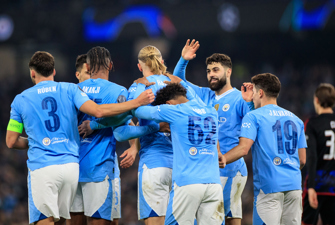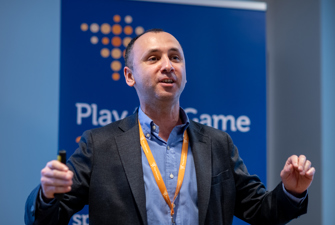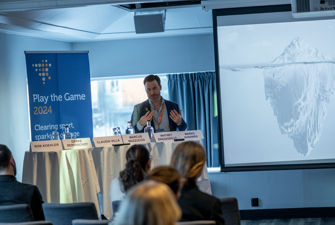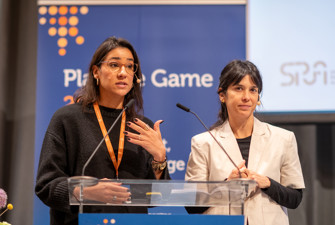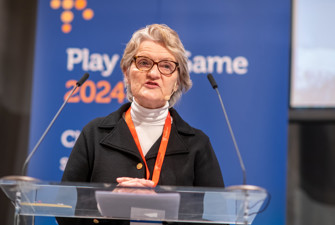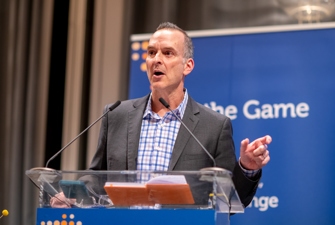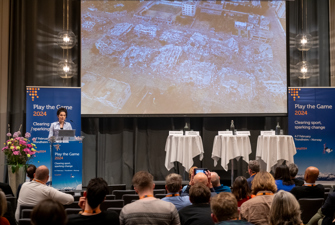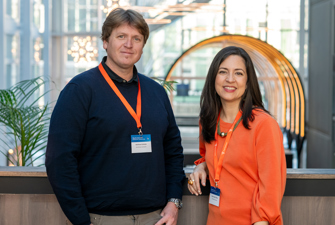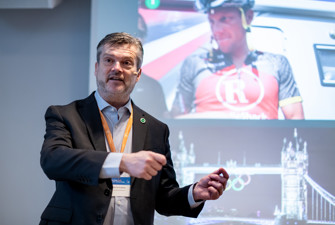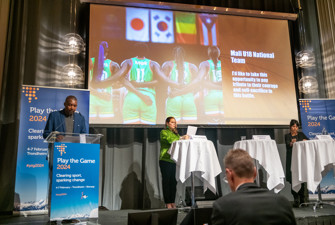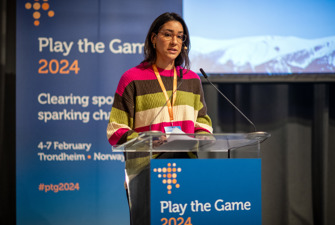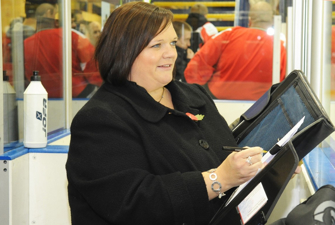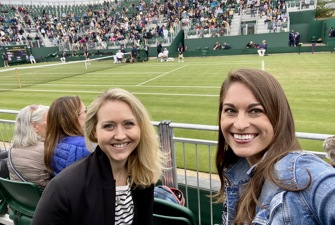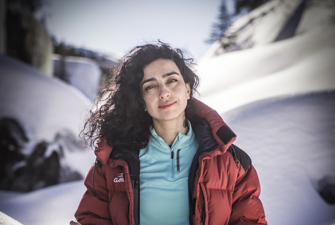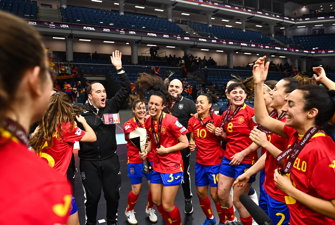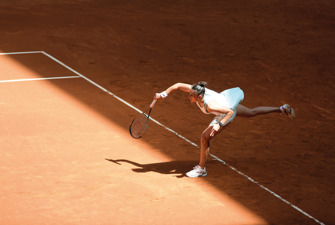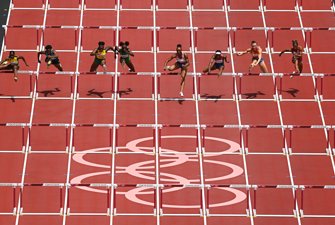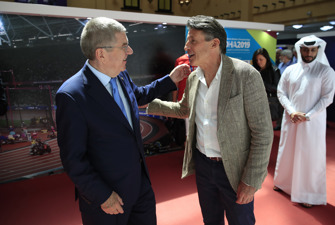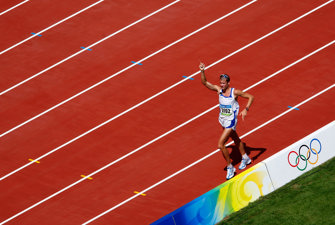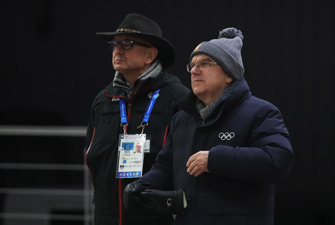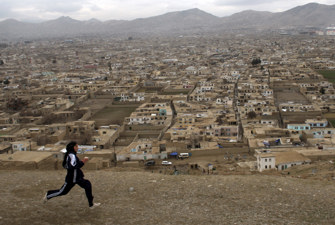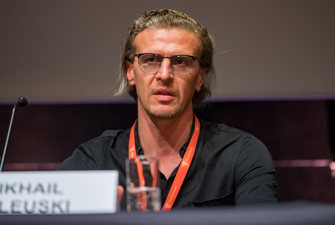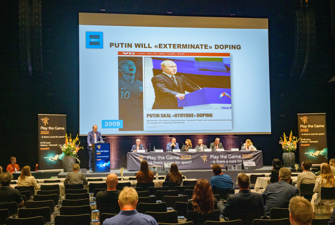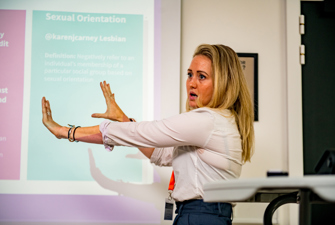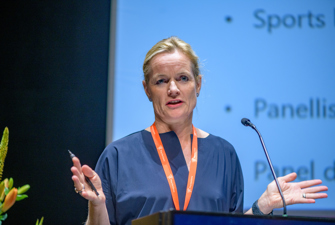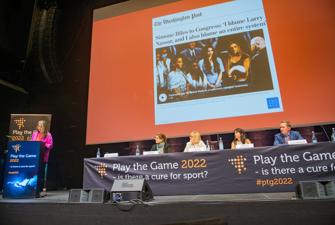IOC-President calls for sanctions of athletes’ entourage
The President of the International Olympic Committee, Thomas Bach, calls for tougher sanctions against athletes’ entourage in his speech at the World Anti-Doping Agency’s fifth World Conference on Doping in Sport in Katowice, Poland.
Although WADA has taken much care to stress that the decisions in the long-standing conflict with Russia would only be taken soon after the fifth World Conference on Doping in Sport, the Russian-international doping scandal was lurking between the lines in almost every speech on the opening day 5 November 2019 in the city of Katowice in Poland.
Obviously, Russia was also addressed directly, such as when outgoing WADA President, Craig Reedie, opened the conference telling the 1,500 delegates that the scale and size of the Russian doping scandal that erupted in 2015 was by far the biggest challenge that the organisation had faced.
“The worst case of system failure certainly in my time as president – if not in the entire history of the anti-doping movement – has been with Russia. The revelations exposed by the WADA led investigations of Richard Pound and Richard McLaren forced a sea change in attitude around the globe,” said Reedie, who will be replaced as president by Polish sports minister Witold Banka on January 1.
He admitted that WADA had not been sufficiently prepared for handling a doping scandal of that scale, but stressed that WADA’s 20-year-long history has been a time with great progress and improvement – even facing plenty of complex challenges.
“Back in 1999, there was still no one single answer to tackling doping in sport. Every sport had different rules and countries had different laws. So, an athlete could for an example be banned in one nation or sport, but able to compete in others,” said Reedie.
Bach: “It is all about the clean athletes”
As President of the International Olympic Committee, Thomas Bach has been criticised for treating Russia too mildly in the wake of the country’s systemic doping programme.
Although Thomas Bach did express his annoyance that the former Russian sports minister Vitaly Mutko – whose name he did not mention – was beyond IOC’s jurisdiction according to the Court of Arbitration for Sport, Bach also seemed to slightly relativise the affair by grouping it with other recent scandals:
“Shaping the future always includes learning the lessons from the past. For the IOC, in the fight against doping, there is one issue that stands out in this respect. Whether it was the systemic manipulation of the anti-doping system in Russia, or the investigations around ‘Operation Aderlass’, or the most recent allegations against a coach of the former Nike Oregon Project – all these cases, as different as they are, highlight the urgent need to focus much more on the athletes’ entourage,” Thomas Bach said.
His core message was a repetition of his message to the WADA conference six years ago in Johannesburg: “It is all about the athletes. To be more precise: It is all about the clean athletes.”
Bach also made it clear that for the IOC, only the “democratically elected athletes from the IOC’s own Athletes Committee could be regarded as true representatives of athletes.” That viewpoint has been contested over the past years, especially because WADA’s athlete committee, a number of athlete unions and various activist groups have protested against the way the IOC and its Athlete Committee has dealt with the Russian doping scandal.
The IOC-president also had news for the attendees. Six years ago, Thomas Bach announced a 10 million USD commitment for better protection of clean athletes. In his speech, he made a new promise:
“Today, on behalf of the IOC, I make another pledge of up to 10 million U.S. dollars.”
The new funding commitment is part of a four year action plan where IOC will 1) initiate a global long-term storage and re-analysis programme including samples collected during the pre-Games testing period, 2) use a new genetic sequencing anti-doping test, effective at the Olympics in Tokyo 2020, 3) give more money (reportedly 2.5 million dollars) for further scientific research, and 4) strengthen the investigative powers of WADA. For the latter, the IOC will invite governments to a joint programme resulting in the IOC committing another 2.5 million dollars for the next Olympiad.
Looking back 20 years
After the welcoming speeches, a panel including the founding President of WADA, Richard W. Pound, took centre stage. He was asked by the moderator to look back 20 years when he founded WADA. Recalling the beginning of WADA in 1999, Pound said that in the early days of the organisation there was a widespread institutional denial of the existence of doping in sport, even though there was evidence to the contrary.
Taking the delegates back in time, Pound said that the lead up to the 2000 Olympics in Sydney was an eye-opener of serious concerns since the organisation found out that the majority of the Olympic federations did not even have rules that allowed them to conduct out-of-competition tests. Reminding the delegates of the situation at the beginning of the millennium, he also emphasised the progress and changes throughout the last two decades.
The outgoing Vice President of WADA, Linda Helleland, also took the opportunity to look back at her four years at the helm of WADA. Offering advice to the new president, she concluded that the organisation needs to make improvements in good governance, transparency and democracy to keep up. Like at the recent Play the Game 2019 conference in Colorado Springs, Linda Helleland called for more rapid developments.
Further reading
Read the full text of Thomas Bach's speech at the 5th World Conference on Doping in Sport.
Watch opening speeches from the 5th World Conference on Doping in Sport.








